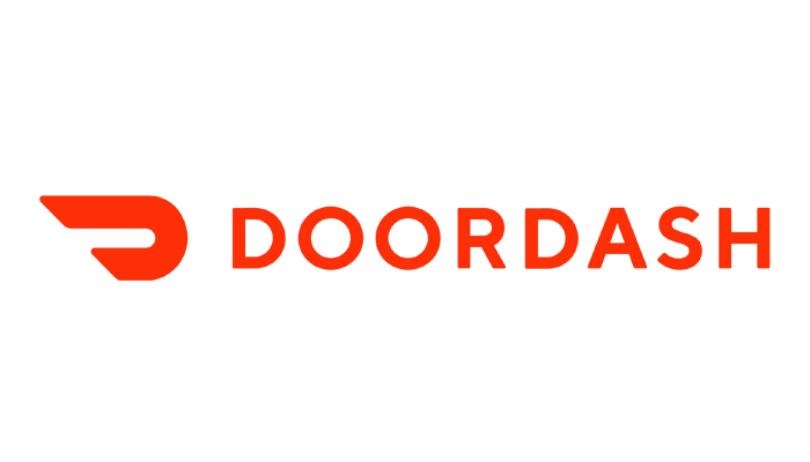SAN FRANCISCO (CN) – Rejecting claims that the legal process it forced on workers is unfair, a federal judge Monday ordered food-delivery service DoorDash to pay $9.5 million in arbitration fees for 5,010 delivery drivers’ labor demands against the company.
“You’re going to pay that money,” U.S. District Judge William Alsup said in court. “You don’t want to pay millions of dollars, but that’s what you bargained to do and you’re going to do it.”
Barred from filing labor suits in court under the terms of a required arbitration contract, 6,250 DoorDash drivers brought their claims to an arbitrator. Last fall, the American Arbitration Association found each worker met the minimum requirements for filing a claim and ordered DoorDash to pay $12 million in fees. The workers paid $1.2 million in filing fees, or $300 per case.
DoorDash refused to pay its share of fees, arguing the workers failed to specify how much money they were seeking or prove they had a valid arbitration deal with the company.
In response, the delivery drivers filed two motions to compel arbitration, which landed in Alsup’s court. DoorDash told Alsup the company shouldn’t have to pay those fees because the petitioners’ law firm, Chicago-based Keller Lenkner, failed to properly vet its clients’ claims or prove it had an attorney-client relationship with each worker.
According to DoorDash, about 143 petitioners never signed up or finished the process of signing up to work for DoorDash. Another 133 did sign up but never performed any work using the DoorDash app. In response, Keller Lenkner agreed to drop 361 petitioners from its motion to compel, “essentially conceding there is no basis to arbitrate their claims,” Doordash argued in its opposition brief.
Despite those problems, Alsup said he would not deny relief to the majority of petitioners on that basis.
“Out of those 6,000 there probably are a few people where you pulled the wool over my eyes, but I think the vast majority of these are legit,” the judge said. “I’m not going to hold up that relief just because there are going to be a few glitches.”
Judge Alsup also rejected DoorDash’s motion to stay the case pending approval of a proposed $39.5 million labor settlement in state court for drivers in California and Massachusetts. That case was transferred to the complex litigation division in San Francisco Superior Court last month and remains on hold.
However, the judge said he would not compel arbitration for 869 workers that failed to submit signed declarations stating that they worked for DoorDash and agreed to arbitrate labor disputes.
DoorDash also noted that 448 petitioners appear to be represented by other firms based on client lists and arbitration demands submitted to DoorDash by other law firms. Electronic signature stamps for 400 petitioner declarations also named a different New York-based lawyer and omitted references to the firm Keller Lenkner, raising more questions about each petitioners’ true legal representative.
Alsup said the arbitrator will handle those disputes and that Keller Lenkner may be ordered to pay DoorDash’s legal fees if the arbitrator finds there were “shenanigans” involved.
“That’s going to be for Mr. Arbitrator or Mrs. Arbitrator but not me,” Alsup said.
In total, Keller Lenkner sought to compel arbitration for 5,879 workers. Alsup said he would grant the motion for 5,010 workers who submitted valid declarations affirming that they worked for DoorDash and signed a valid arbitration contract with the company. At $1,900 per case, DoorDash must pay $9.5 million.
In May 2019, the company was valued at $12.6 billion.
Attorney Warren Postman, of Keller Lenkner, described Alsup’s decision as a major victory for gig economy workers misclassified as independent contractors and fighting for minimum wage.
“They’ve been shut out of every forum for months, and in some cases years,” Postman said. “I’m glad our clients will have their day to have their claims heard.”
Late last year, Alsup allowed the petitioners to investigate claims that DoorDash worked with a new arbitrator to concoct rules that would benefit DoorDash while disadvantaging workers.
DoorDash introduced new arbitration terms on Nov. 9, which workers must agree to before they can log onto the DoorDash app to work and get paid. The new terms require workers arbitrate disputes through the International Institute for Conflict Prevention and Resolution (CPR). Under the CPR rules, only 10 arbitration cases can proceed at once when more than 30 cases are filed. The rules also mandate 90-day mediation sessions and other conditions, which the petitioners say could delay their cases for years.
DoorDash and CPR both maintain the new rules were created in response to mass arbitration demands, but they say multiple stakeholders were involved in the development of a “fair and neutral process” that expedites a small number of “test” or bellwether cases followed by a mediation process that encourages resolution of all claims.
On Monday, Alsup said he would deny motions to seal communications between DoorDash’s law firm, Gibson Dunn & Crutcher, and CPR, adding he will give DoorDash 14 days to appeal his decision.
“There’s a public interest in the world at large knowing that someone like CPR that holds itself out to be an impartial agency is actually being guided by the employer side,” Alsup said.
DoorDash attorney Joshua Lipshutz, of Gibson Dunn, declined to comment after the hearing and did not immediately respond to a follow-up email seeking comment.
Subscribe to Closing Arguments
Sign up for new weekly newsletter Closing Arguments to get the latest about ongoing trials, major litigation and hot cases and rulings in courthouses around the U.S. and the world.









